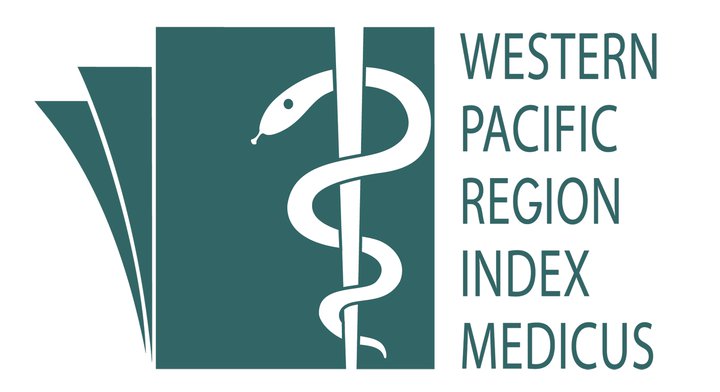Development and Validation of a Questionnaire to Predict Intention to Comply to Iron Supplement during Pregnancy
Abstract
The World Health Organisation (WHO) has recommended iron supplementation to overcome
anaemia in pregnancy. In Malaysia, about half of pregnant women with anaemia do not
comply to iron supplement. The purpose of this study is to develop and validate a
questionnaire that assesses the attitude towards iron supplementation and later to predict
intention to comply with daily iron supplement among pregnant women. Based on the
guidelines for construction of the Theory of Planned Behaviour questionnaire, 18 items were
created initially by using the findings from an open-ended questionnaire survey, literature
reviews and experts’ opinion. From content validity by 3 experts, 15 items with content
validity ratio (CVR) of ≥0.99 were retained. From a pilot test for exploratory factor analysis
(EFA), total of 12 items were retained, and classified into 3 components and termed as
“Attitudesâ€, “Subjective Norms†and “Perceived Behaviour Controlâ€. Cronbach Alpha for the
12 items was 0.814, and for each component were 0.844, 0.813 and 0.901 respectively, which
indicates acceptable internal consistency. During the Confirmatory Factor Analysis (CFA), a
final 10 items were retained. The construct validity was good where the Fitness Index have
achieved the threshold i.e. p-value >0.05, RMSEA <0.08, CFI >0.90 and the ChiSq/df ratio
<3.00. The convergent validity and composite reliability were good i.e. Average Variance
Extracted (AVE) ≥0.50, and Composite Reliability (CR) ≥0.60 respectively. As a conclusion,
the validation of this newly developed questionnaire has shown promising result and
potentially reliable in predicting compliance to iron supplement among pregnant women
specifically in Malaysia.
Keywords: Theory of Planned Behaviour-compliance to iron supplement-questionnaire-
development-validation
Downloads
Published
How to Cite
Issue
Section
License
IJPHR applies the Creative Commons Attribution (CC BY) license to articles and other works we publish. If you submit your paper for publication by IJPHR, you agree to have the CC BY license applied to your work. Under this Open Access license, you as the author agree that anyone can reuse your article in whole or part for any purpose, for free, even for commercial purposes. Anyone may copy, distribute, or reuse the content as long as the author and original source are properly cited. This facilitates freedom in re-use and also ensures that IJPHR content can be mined without barriers for the needs of research.






